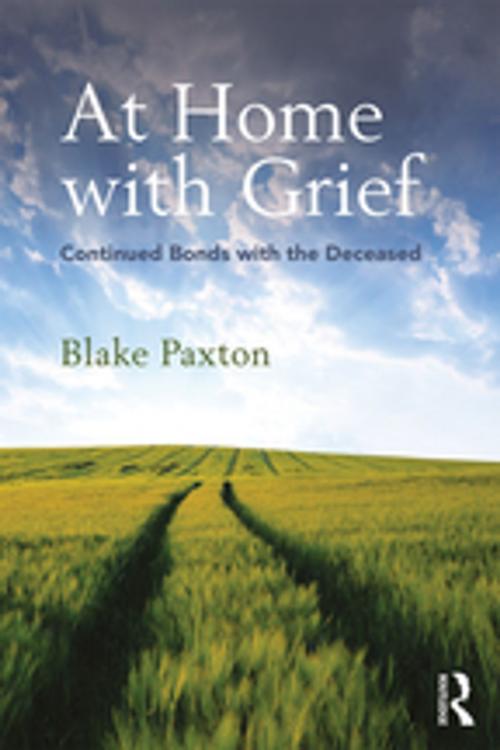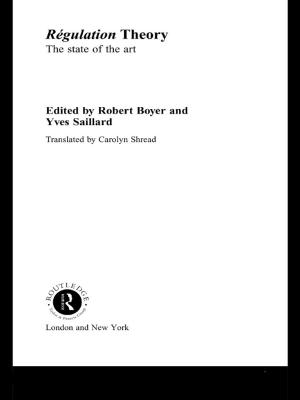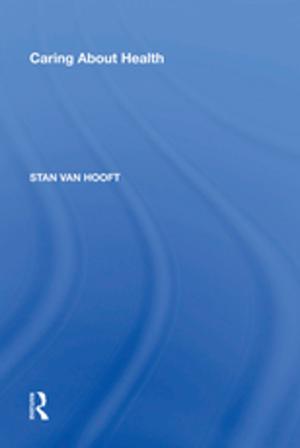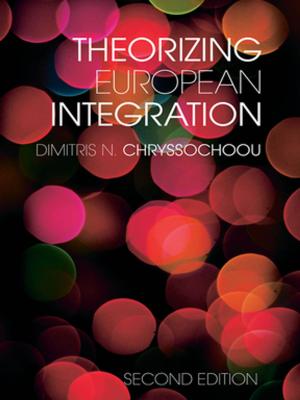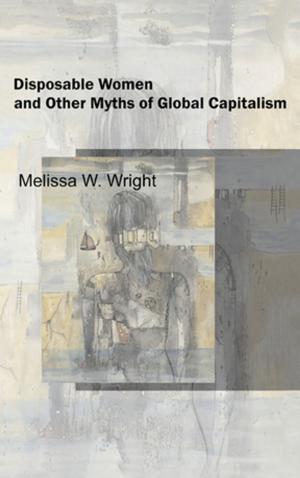At Home with Grief
Continued Bonds with the Deceased
Nonfiction, Social & Cultural Studies, Social Science, Methodology, Cultural Studies, Death & Dying| Author: | Blake Paxton | ISBN: | 9781351714501 |
| Publisher: | Taylor and Francis | Publication: | January 19, 2018 |
| Imprint: | Routledge | Language: | English |
| Author: | Blake Paxton |
| ISBN: | 9781351714501 |
| Publisher: | Taylor and Francis |
| Publication: | January 19, 2018 |
| Imprint: | Routledge |
| Language: | English |
What would you say to a deceased loved one if they could come back for one day? What if you can’t just ‘move on’ from grief? *At Home with Grief: Continued Bonds with the Deceased *chronicles Blake Paxton’s autoethnographic study of his continued relationship with his deceased mother. In the 90s, Silverman, Klass, and Nickman argued that after the death of a loved one, the bond does not have to be broken and the bereaved can find many ways to connect with memories of the dead.
Building on their work, many other bereavement scholars have discussed the importance of not treating these relationships as pathological and have suggested that more research is needed in this area of grief studies. However, very few studies have addressed the communal and everyday subjective experiences of continuing bonds with the deceased, as well as how our relationship with our grief changes in the long term.
In this book, Blake Paxton shows how a community in southern Illinois continues a relationship with one deceased individual more than ten years after her death. Through this gripping autoethnographic account of his mother’s struggles with a rare cancer, her death, and his struggles with sexuality, he poses possibilities of what might happen when cultural prescriptions for grief are challenged, and how continuing bonds with the dead may help us continue or restore broken bonds with the living.
What would you say to a deceased loved one if they could come back for one day? What if you can’t just ‘move on’ from grief? *At Home with Grief: Continued Bonds with the Deceased *chronicles Blake Paxton’s autoethnographic study of his continued relationship with his deceased mother. In the 90s, Silverman, Klass, and Nickman argued that after the death of a loved one, the bond does not have to be broken and the bereaved can find many ways to connect with memories of the dead.
Building on their work, many other bereavement scholars have discussed the importance of not treating these relationships as pathological and have suggested that more research is needed in this area of grief studies. However, very few studies have addressed the communal and everyday subjective experiences of continuing bonds with the deceased, as well as how our relationship with our grief changes in the long term.
In this book, Blake Paxton shows how a community in southern Illinois continues a relationship with one deceased individual more than ten years after her death. Through this gripping autoethnographic account of his mother’s struggles with a rare cancer, her death, and his struggles with sexuality, he poses possibilities of what might happen when cultural prescriptions for grief are challenged, and how continuing bonds with the dead may help us continue or restore broken bonds with the living.
